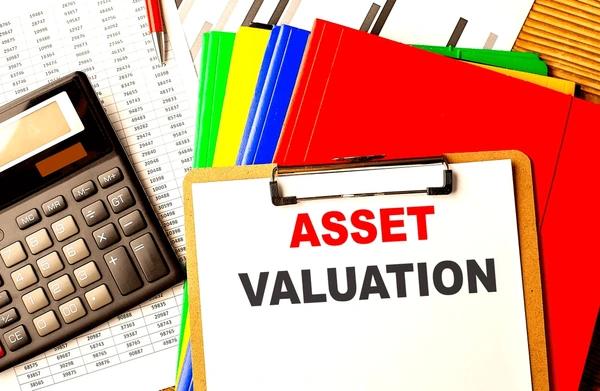
The Impact of Asset Valuation on Financial Audits: A Closer Look
Ever thought about how an organization’s asset values can significantly impact its financial audits? Asset valuation isn't just about estimating numbers—it’s a fundamental aspect of financial audits that directly influences the transparency of a company’s financial health. In auditing, the value of assets affects the accuracy of financial reports and gives auditors a clearer picture of an organization’s economic standing. Let's explore how the asset valuation process influences audit results, and why it’s so crucial to the audit outcome.
What Exactly is Asset Valuation?
Asset valuation refers to the process of determining the worth of an asset at a given point in time. This includes analyzing various elements such as market trends, asset condition, and its capacity to generate future returns. In financial audits, this process is vital, as it ensures that the financial statements present an accurate reflection of a company’s financial status.
Why is Asset Valuation So Important During Audits?
Ensuring Accurate Financial Statements:
Financial statements serve as a snapshot of a company’s financial condition, performance, and cash flow. Without proper asset valuation, these statements may mislead investors, employees, or regulatory bodies. For example, if assets are overvalued, it can create the illusion of higher profitability, potentially misleading stakeholders. On the other hand, undervaluing assets can paint a negative picture of the company's financial health, which may discourage investment.
Regulatory Compliance:
Auditors are tasked with verifying that a company’s financial statements comply with established accounting standards, such as GAAP (Generally Accepted Accounting Principles) or IFRS (International Financial Reporting Standards). These standards dictate how assets should be valued. If asset valuations don’t align with these frameworks, it could result in audit adjustments or legal consequences.
Risk Identification and Management:
During audits, asset valuation helps auditors assess financial risks. A proper valuation can uncover risks like asset impairments or obsolescence that could affect the company's profitability. Identifying these risks early allows auditors to propose risk mitigation strategies, reducing potential long-term damage.
Internal Controls:
Accurate asset valuation also plays a key role in strengthening internal controls. Strong asset management systems ensure that assets are safeguarded and financial reporting remains accurate. Auditors evaluate these internal controls to check for effectiveness, further ensuring the integrity of the company’s financial statements.
Key Factors to Consider in Asset Valuation
Choosing the Right Valuation Method:
There are different methods to value assets, including cost-based, market-based, and income-based approaches. Each method is suited to different asset types. For instance, the cost approach is common for physical assets, while the income method works better for intangible assets like patents. Applying the right method ensures financial reports are both accurate and reflective of true asset value.
Considering External Factors:
Market fluctuations, economic trends, and even regulatory shifts can impact asset valuation. Auditors take these external elements into account when reviewing the asset values in financial statements. A company may need to adjust its asset valuations in response to changing conditions in the market.
Thorough Documentation:
Validating asset valuations requires proper documentation, such as appraisals, valuation reports, and historical data. Auditors carefully scrutinize this documentation to verify that the asset values are accurate. The quality and reliability of this evidence play a key role in audit success.
Revaluation at Regular Intervals:
Since asset values can fluctuate due to market conditions or depreciation, revaluations should be conducted periodically. Regular revaluations help ensure that a company’s financial statements remain up-to-date and provide a realistic view of its assets. Auditors review how frequently and accurately these revaluations take place during the audit process.
Real-World Example:
Let’s imagine a company that owns a large property portfolio. Suppose the company’s auditor needs to verify the value of these properties for inclusion in the financial statements. If the properties were valued a year ago when market conditions were booming, the auditor must reassess whether the same valuations hold true today, considering any changes in the local property market. If property values have fallen, the auditor will require adjustments to ensure the financial statements reflect the current reality.
Conclusion
The role of asset valuation in financial audits cannot be overstated. It’s essential for accurate financial reporting, regulatory compliance, risk management, and ensuring that internal controls are working as they should. By maintaining rigorous asset valuation practices, organizations can improve the accuracy of their financial statements and streamline the audit process, ultimately ensuring a more reliable and transparent picture of their financial health.
